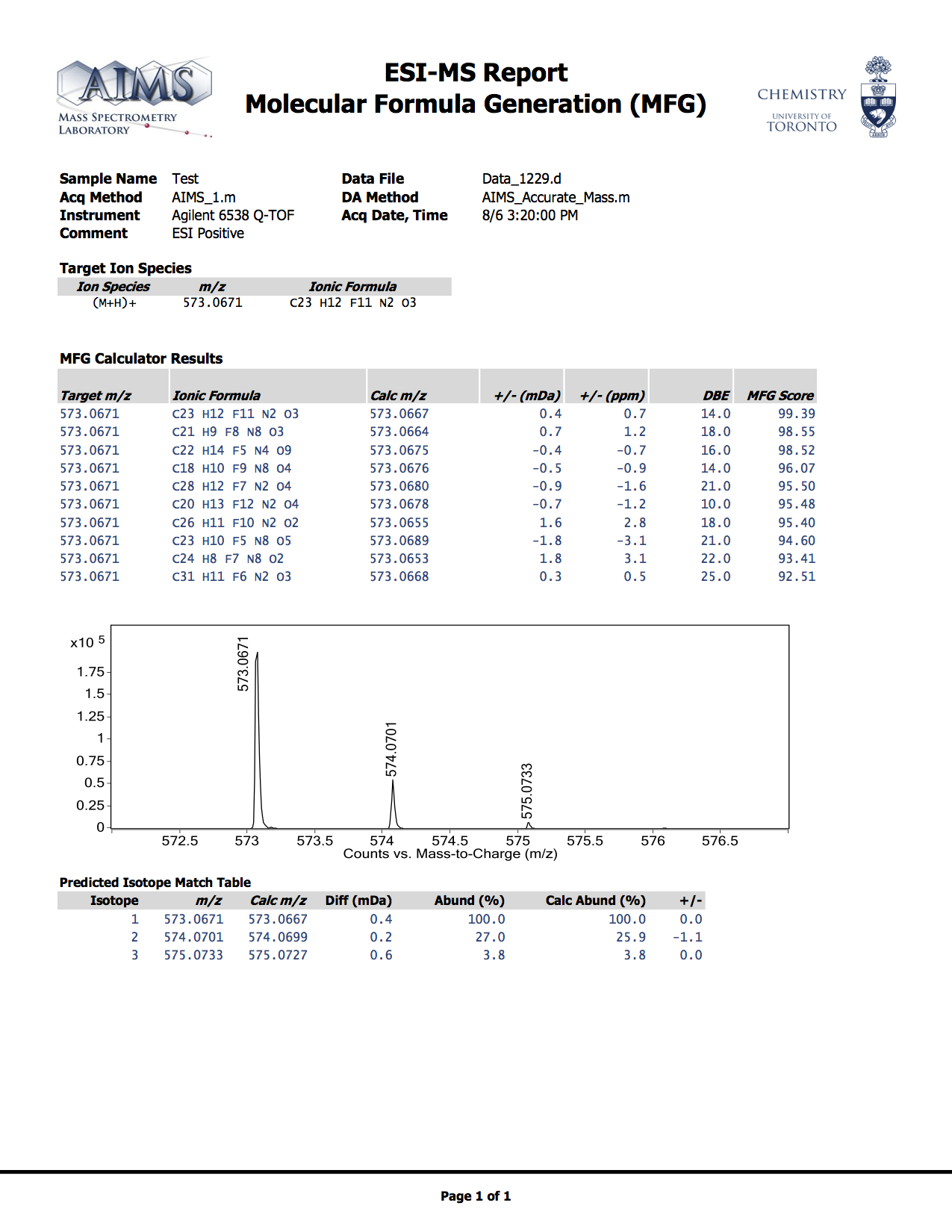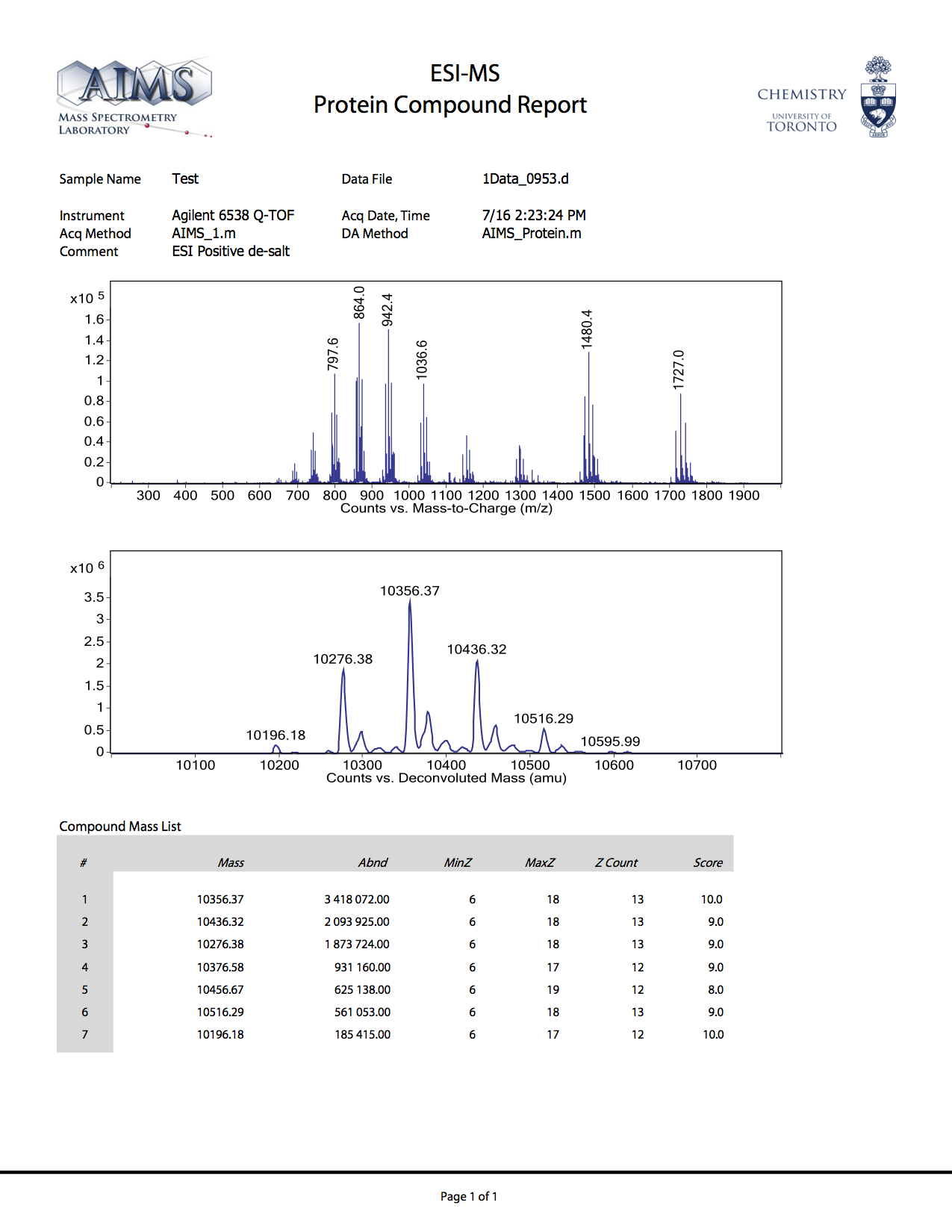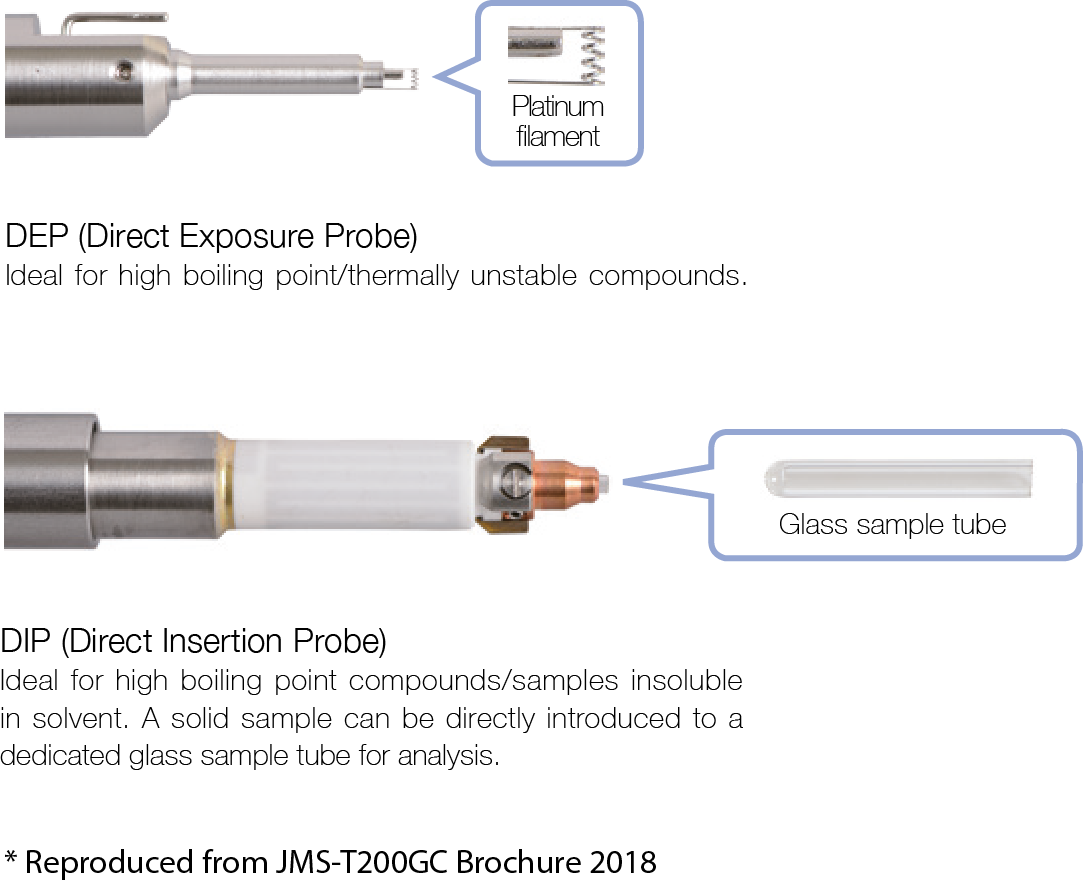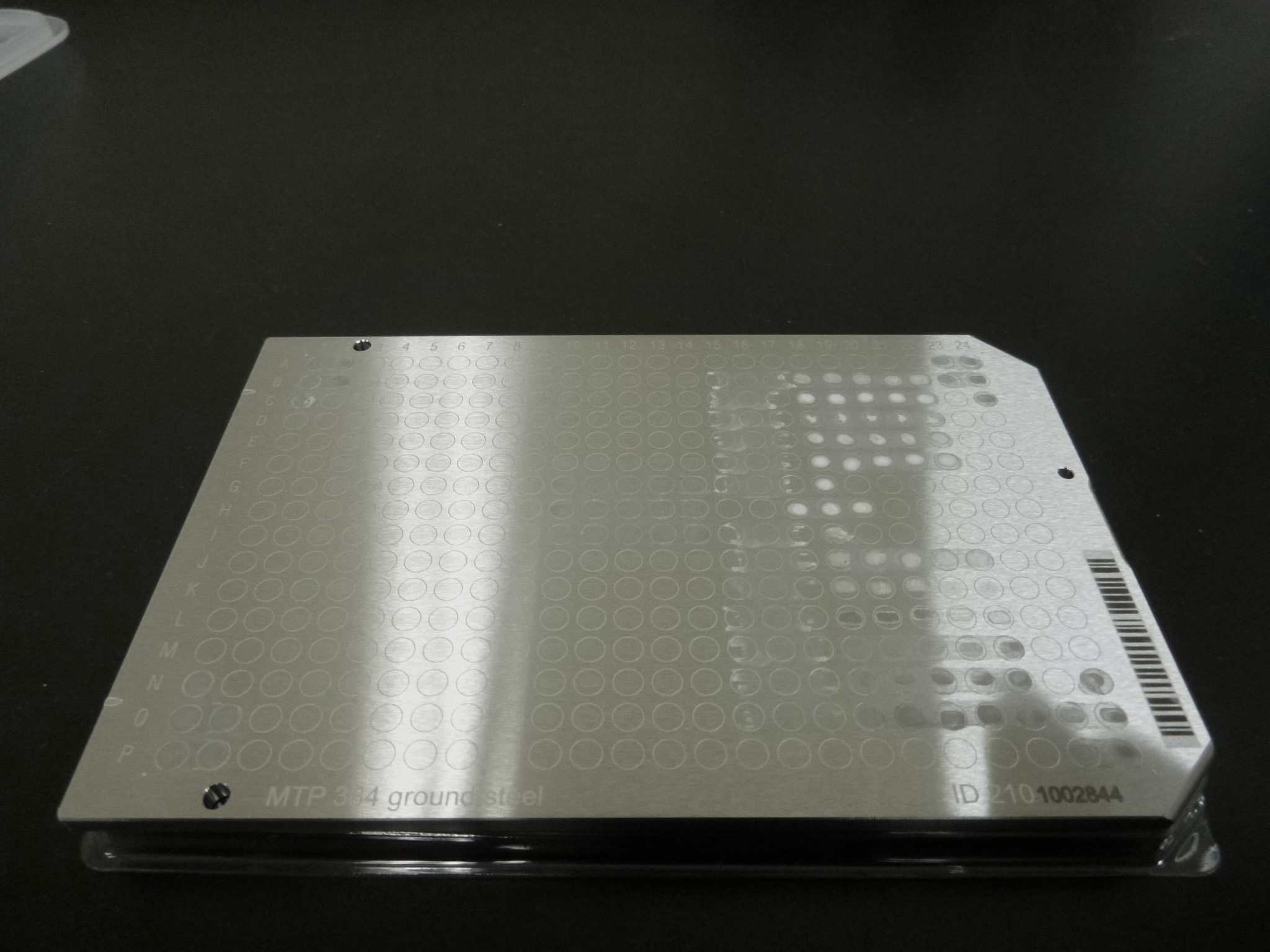-
Sample Submission
- All samples must be accompanied by a completed sample submission form.
- Provide as much information as possible to ensure successful analysis using the most appropriate method.
- Explore the tabs for specific instructions relevant for your samples.
For all new clients, please contact the laboratory manager:
Dr. Matthew W. Forbes, PhD
E: matthew.forbes@utoronto.ca
T: (416) 978 5089
-
Sample Drop Box
- The sample drop box is located in the basement hallway between LM18 (AIMS) and LM14 (NMR) in the Lash Miller Building - Department of Chemistry - 80 St. George Street.
- Red box: drop-off -- Grey boxes: pickup
For all new clients, please contact the laboratory manager:
Dr. Matthew W. Forbes, PhD
E: matthew.forbes@utoronto.ca
T: (416) 978 5089
-
High Resolution Mass Spectrometry Analysis (HRMS)
- Samples may be submitted for HRMS analysis, also referred to as accurate mass determination or molecular formula determination.
- Ionization methods currently available include DART, EI and ESI.
- Samples for compound characterization should ideally be:
- Neat, purified and sealed in glass scintillation vials
- Free from deuterated solvents
- Sample submission forms must include:
- Structure and/or molecular formula
- Solubility in compatible solvent

-
Proteins & Peptides
- Proteins and peptides submitted for ESI-MS analysis may be either lyopholized or in solution.
- Solutions should be of a concentration not less than ~10 µM and volume not less than ~10 µL.
- Indicate clearly all of the following information:
- Expected molecular weight(s)
- Analyte concentration(s)
- List all buffers, additives and their respective concentrations
- Biological samples normally require de-salting using one of the following methods:
- Sephadex size exclusion column (per sample charge applies)
- C4, C12 reverse phase LC-MS (per hour charge applies)
Biohazard Declaration
- The AIMS Laboratory has no biocontainment level designation; therefore, all samples of biological origin must be treated to inactivate pathogens prior to submission.

-
EI
- Samples submitted for EI should ideally be neat solids or liquids - solutions should be avoided whenever possible.
- Samples are introduced to the source using either the solids probe or DCI probe.
Air- / Moisture- sensitive samples
- An appointment is required prior to submission
- To minimize exposure time outside of the glovebox, samples may be submitted in melting point capillaries, sealed in scintillation vials.
- Contact the laboratory manager for specific details and to arrange an appointment.

-
MALDI
- Samples submitted for MALDI analysis will be prepared using one of the following matrices, when in stock:
- CHCA
- SA
- DHB
- Dithranol
- 3-HPA
- Samples should be free from salts and buffers and analyte concentrations should be not less than ~10 µM.

- Samples submitted for MALDI analysis will be prepared using one of the following matrices, when in stock:
